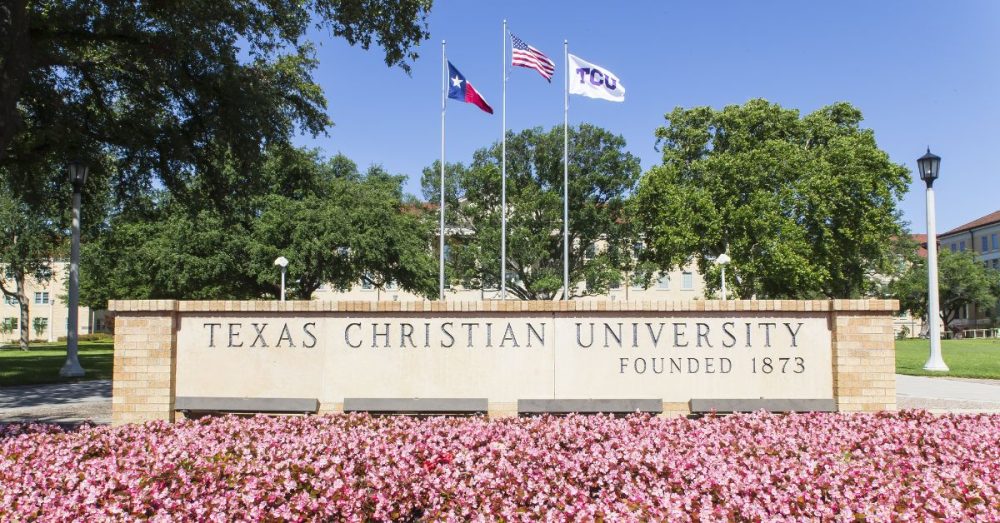TCU has begun a nationwide search for a new athletic director after the recent departure of Jeremiah Donati, who is set to lead the University of South Carolina’s athletic program starting January 2025.
The university has partnered with TurnkeyZRG, a firm known for its expertise in collegiate athletics recruitment. TurnkeyZRG has previously assisted TCU in leadership searches and handled major placements like the NCAA president and Big 12 commissioner. Alongside the firm, a search committee comprising TCU leaders and campus stakeholders has been formed to ensure a comprehensive selection process.
Chancellor Victor J. Boschini expressed confidence in the university’s ability to attract a top-tier candidate who can sustain TCU’s competitive momentum. Highlighting TCU’s recent successes, including its College Football National Championship appearance, Boschini emphasized the importance of building upon the school’s athletic achievements.
With Boschini stepping down as chancellor this summer, President Daniel Pullin will oversee the transition. Pullin underscored the importance of finding a visionary leader who can navigate the rapidly evolving landscape of college athletics.
Jeremiah Donati’s move to South Carolina marks a significant shift for TCU athletics. Donati, who joined TCU in 2011 and became athletic director in 2017, helped the university achieve eight team national championships. His contract with South Carolina, starting at $1.9 million annually with potential incentives, surpasses his $1.33 million salary at TCU.
The Gamecocks’ current football ranking of No. 14 in the AP Top 25 reflects a competitive environment Donati will be stepping into, while TCU’s absence from the rankings highlights the challenges ahead for the new leadership.
In the interim, Mike Sinquefield will serve as TCU’s acting athletic director. Sinquefield, a TCU veteran of nearly three decades, has steadily risen through the ranks and currently holds the position of senior deputy athletic director. His deep familiarity with the program makes him a steady hand during the transition. He will manage TCU’s football operations, support men’s basketball, and oversee the department’s daily functions. Sinquefield expressed his commitment to maintaining the program’s momentum and supporting the student-athletes and staff through this period.
The transition comes at a time of considerable change in college athletics. Donati remarked on the importance of adaptability in facing the unpredictable shifts within collegiate sports. He believes programs that embrace these changes will thrive in the evolving landscape. TCU’s leadership appears poised to find a successor who can balance tradition with innovation, ensuring the university remains competitive in this dynamic environment. The strategic importance of athletics to TCU’s growth plan adds further weight to this critical hire.
TCU’s commitment to excellence in athletics aligns with its broader strategic vision. Earlier this year, the university announced a plan focused on enhancing academics, campus life, and athletics—the three pillars of TCU’s foundation. This strategic direction emphasizes the role of sports in strengthening the university’s national reputation and fostering a vibrant campus community. Pullin reaffirmed the institution’s resolve to find an athletic director who embodies these values and can elevate the program to new heights.
As TCU embarks on this significant search, the Horned Frogs community remains optimistic about the future of their athletics. The next athletic director will not only inherit a robust foundation but also face the challenge of leading TCU into an era marked by rapid changes and heightened competition. With dedicated interim leadership and a clear vision for the future, TCU’s search for Donati’s successor promises to be a pivotal moment for the university’s athletic legacy.


